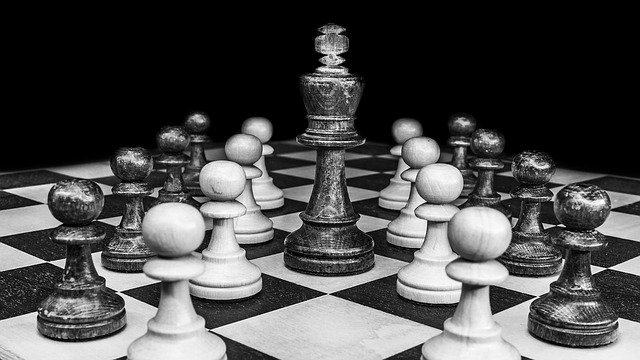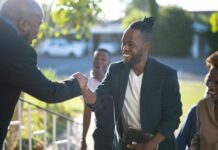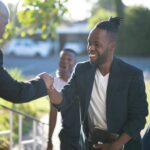Speaking to Bill Simmons about the championship hangover the Golden State Warriors are experiencing, head coach Steve Kerr mused, “there’s a malaise that’s settled in. We just don’t have that same edge we’ve had the last couple of years. And I’m perfectly fine with that because it’s human nature [for motivation to wane after a championship] and we’ve got to pace ourselves and get to the end of the year.”
Kerr’s response made me rewind the segment and listen again, this time with increased attentiveness and vigor. In the age of scripted interview answers, his raw authenticity was shocking. Yet, it also speaks volumes about Kerr’s sharp understanding of team dynamics, and his acceptance of the new-age role of a coach. In days gone by, sports coaches took a more hard-line, militaristic approach to leading. Now, the elite coaches lead contextually, changing their ‘style’ based on the situation, and the needs of the team at that time.
It’s here that corporate leaders can learn a lot, particularly now that it’s becoming increasingly apparent that people (not products or processes) are the largest source of competitive advantage for a business. Put simply: without putting the right people in the right environment to succeed, your company will flounder. In sports, however, people have always been the largest source of competitive advantage, and companies would be wise to learn from the range of quality-tested ideas that have sprung from sports over the last few decades.
“If you have Hakeem Olajuwon, you better play in the post. If you have Steve Nash, you better go up and down the floor. Otherwise, in six months time, you won’t have a job.”
In an interview for my book, Where Others Won’t, Utah Jazz assistant coach Igor Kokoskov told me that in the NBA there is no such thing as having a leadership style. Kokoskov, who also coached Slovenia to a European Championship says, “Unless you’re Phil Jackson or Pat Riley, you don’t get to have a style, you just have to adapt to your team.”
Many business leaders (most, in fact) require their teams to adapt to their way of leadership – the quintessential ‘my way or the highway’. This is a methodology that breeds stagnant leaders, marooned in the self-obsession that has long plagued corporate leadership. By living in a bubble, ‘my way’ leaders grow increasingly distant from the team and do not remain in-tune with their changing needs over time. It’s akin to trying to spoon feed your teenage son – a once relevant practice that’s now unneeded.
To be a contextual leader, like Steve Kerr, a melting pot of ideas must come together to form a type of leadership that is exclusive to that particular team. As Kokoskov says, “there is no such things as a perfect coach, only a perfect coach for a particular team.”
He continued on, describing to me an anecdote about Miami Heat coach Erik Spoelstra: “Erik was a disciple of Pat Riley, and if you look at Riley’s teams they always had a dominant center: Kareem Abdul-Jabbar, Patrick Ewing, Alonzo Mourning, Shaquille O’Neal. But when Erik took over, he only had Dwayne Wade, a dominant wingman,” says Kokoskov. Because of the make-up of his team, Spoelstra was unable to implement the gameplan that he’d been reared on, and would need to find a way to win games quickly to avoid the inevitable scrutiny he would attract by being the hand-picked successor of Pat Riley (a coaching legend). ‘Spo’ built his gameplan and invested a lot of time in Wade, who won a scoring title and was an All-NBA First Team player in each of Spoelstra’s first two seasons in Miami.
As a people manager, there’s a lot you can learn from Steve Kerr, Igor Kokoskov, and Erik Spoelstra. The game is no longer about having a stern style and expecting your staff to do all the legwork. To get the best out of people, your job is to be present, observational and adapt your tactics to help guide them to their goals – the same way you would for your teenage son. And yes, this also includes giving him the odd kick in the pants.
In summary, I’ll leave you with a passage from an interview with Mike Krzyzewski in the Harvard Business Review. ‘Coach K’ has won 5 NCAA basketball championships for Duke University, as well as 5 Olympic gold medals as a coach with Team USA (including the 1992 Dream Team):
“At one of my first Olympic practices, Jason Kidd, one of the great point guards, asked me what I wanted him to do. I said, ‘Just be you’. You don’t want to change them. You just want them to mesh their extraordinary talents with those of the other guys. It’s important to always ask yourself, ‘Who are you leading? What experience do you have with them? What is your mission?’ It’s not like one leadership style works in every situation.”







